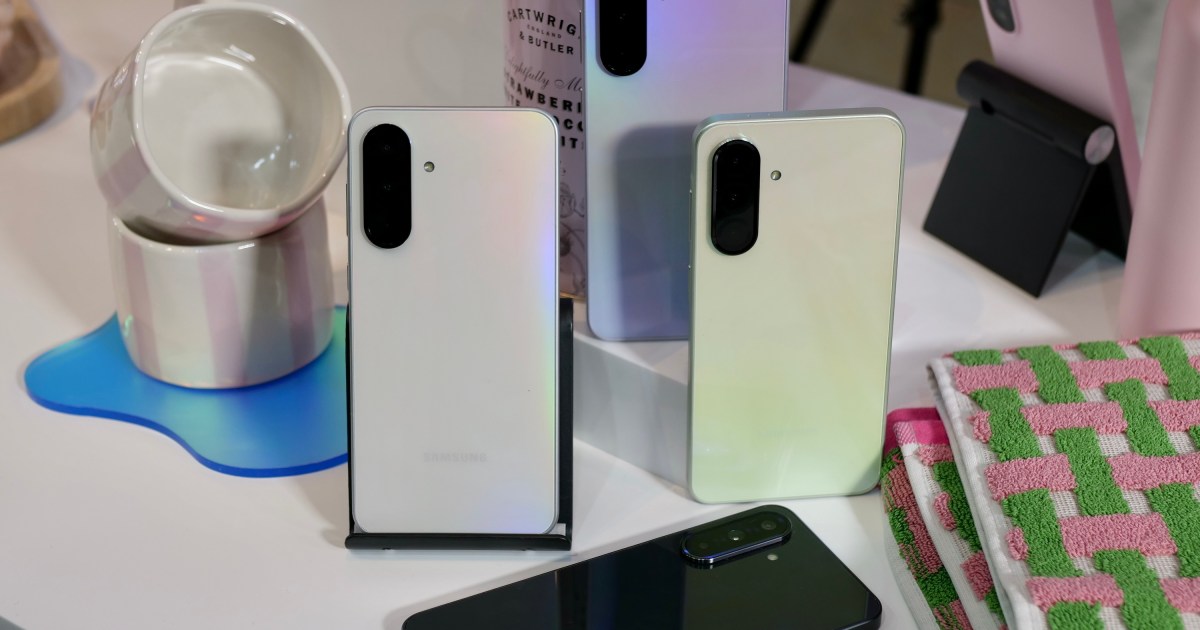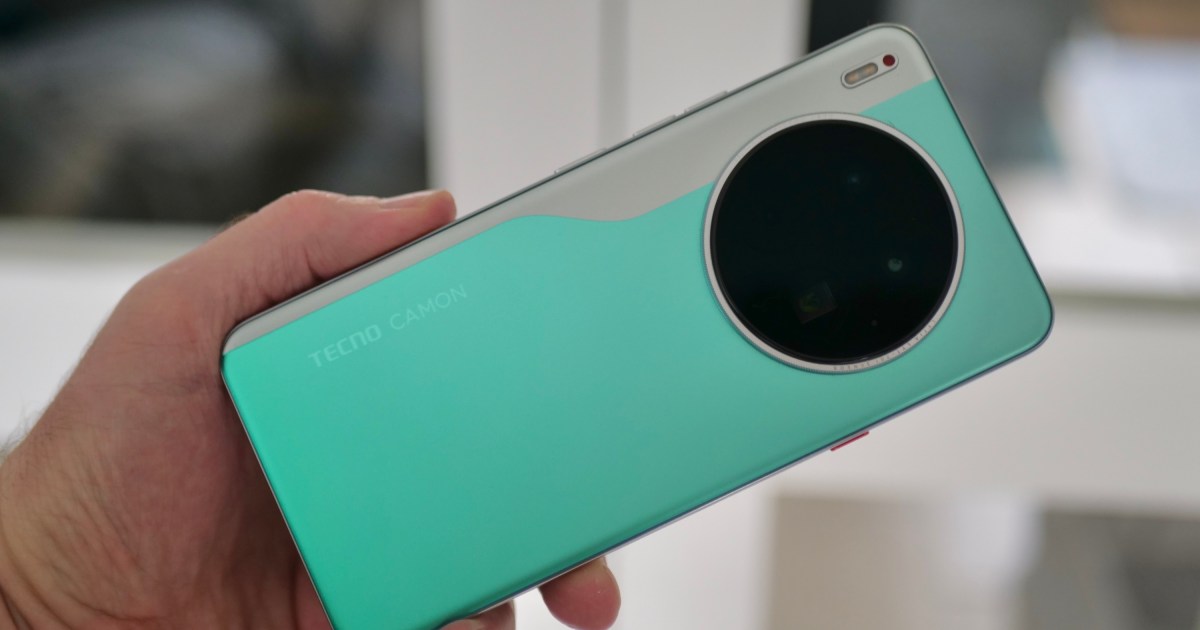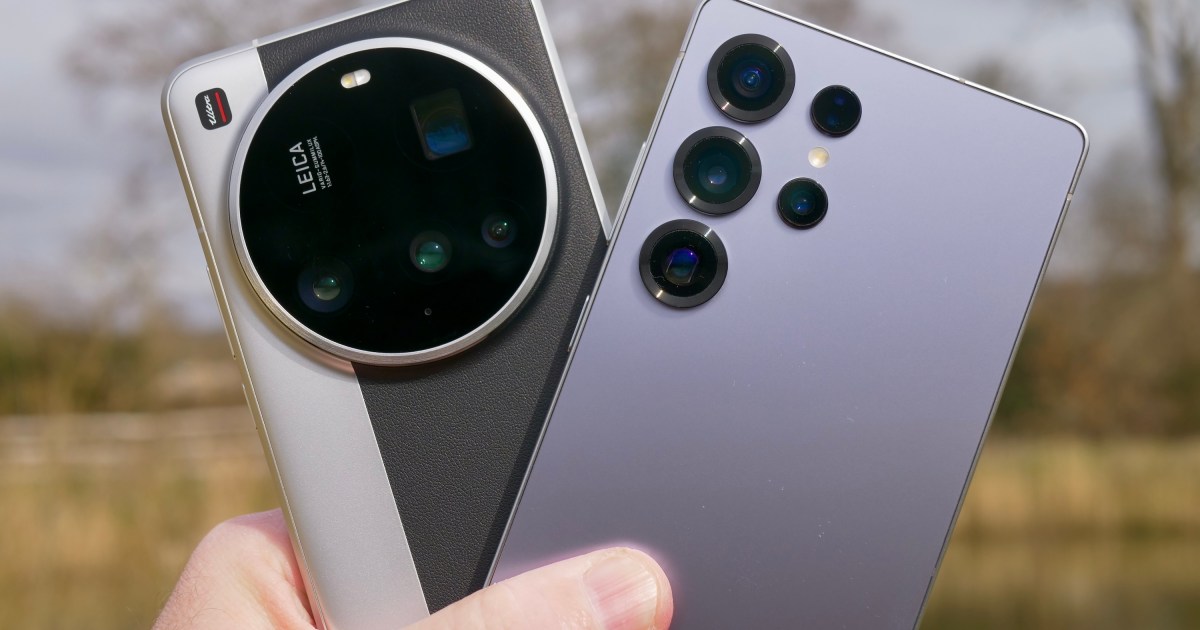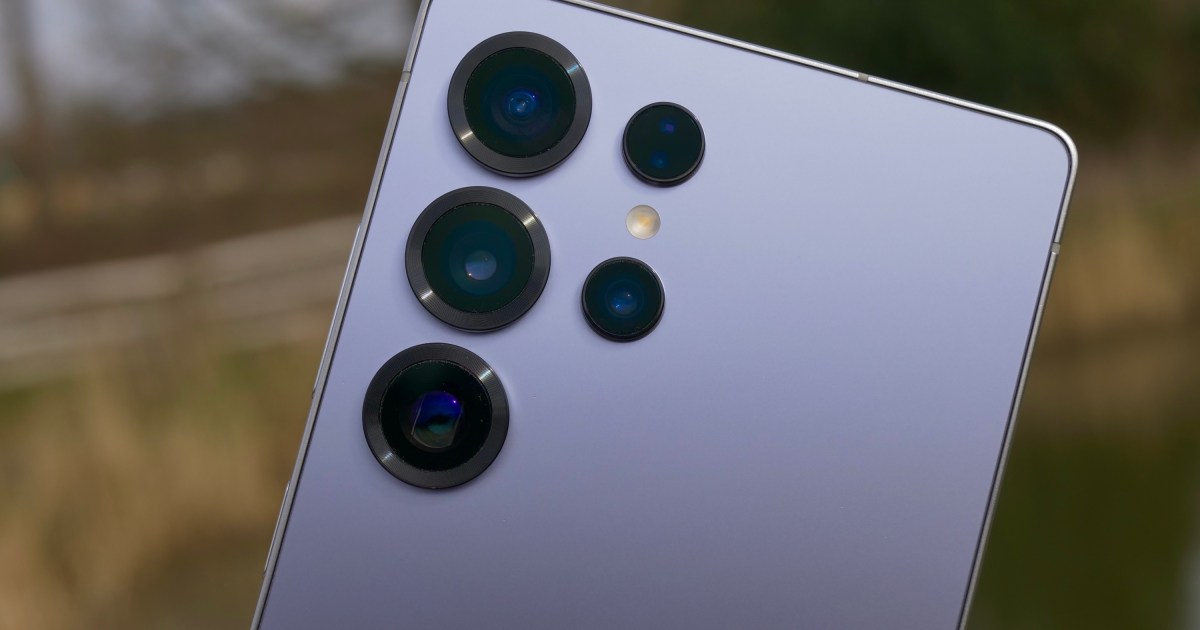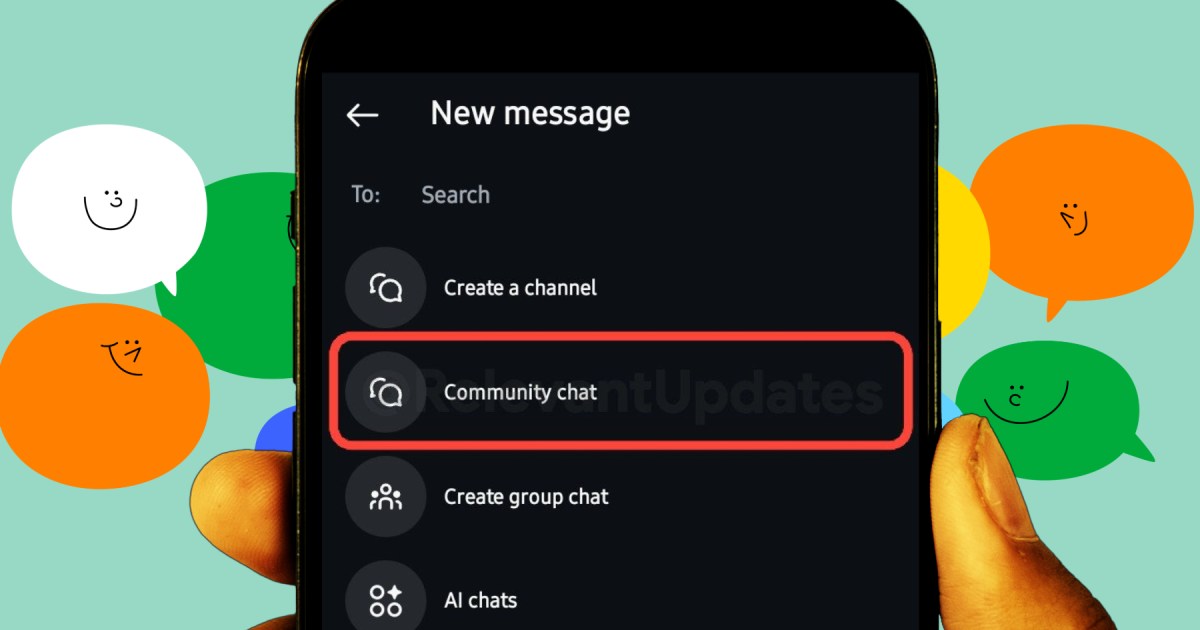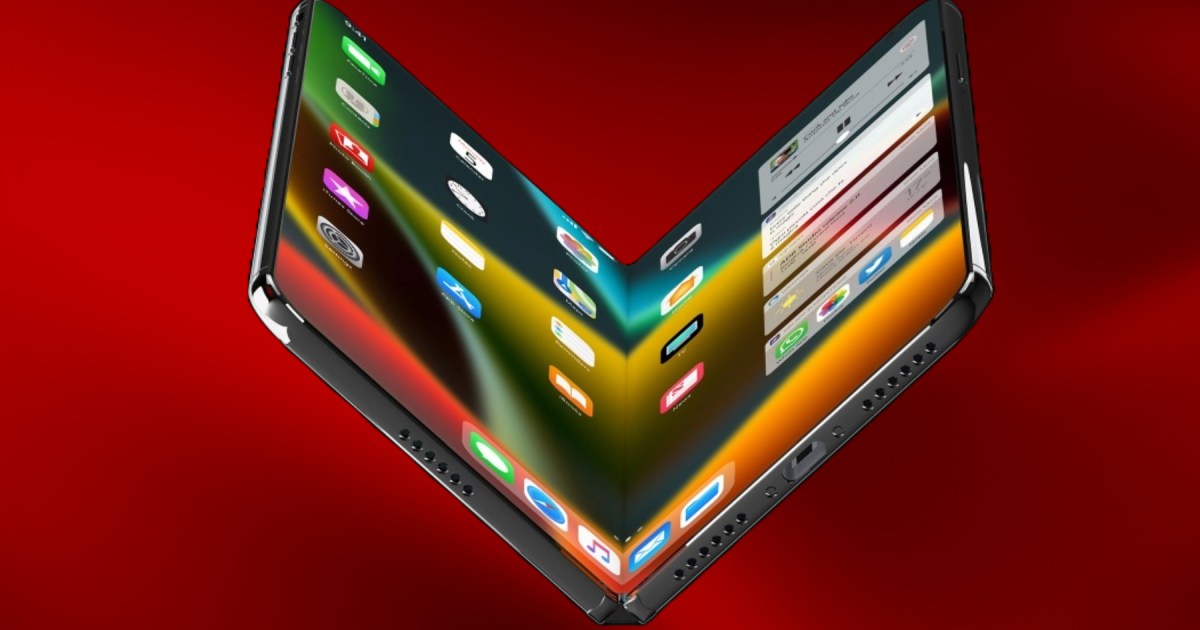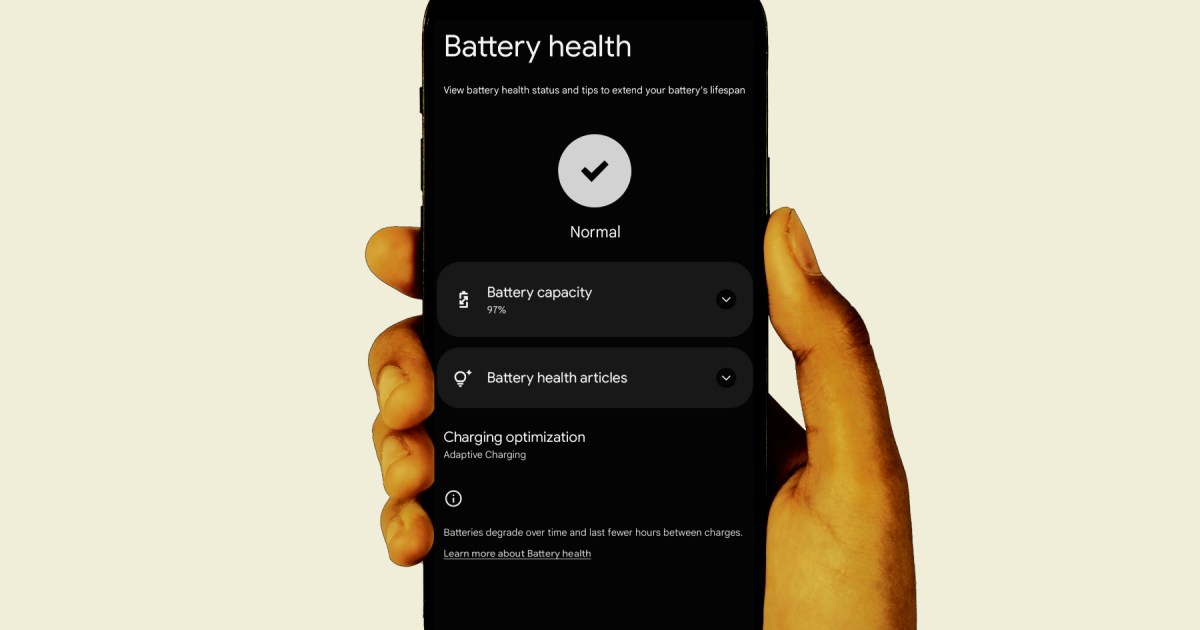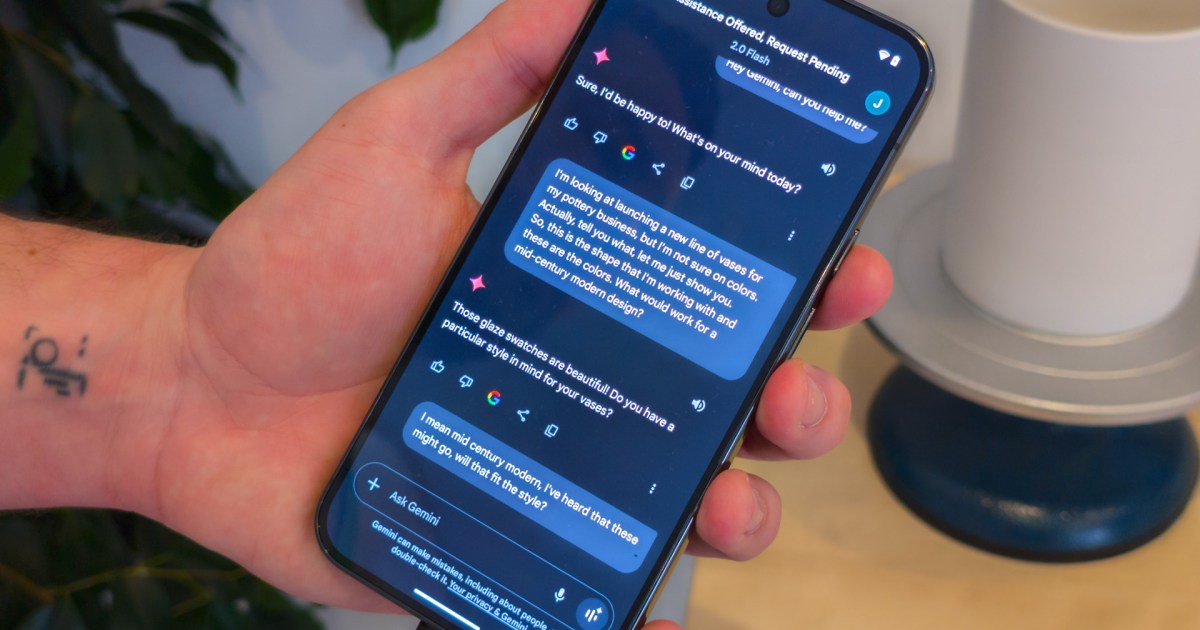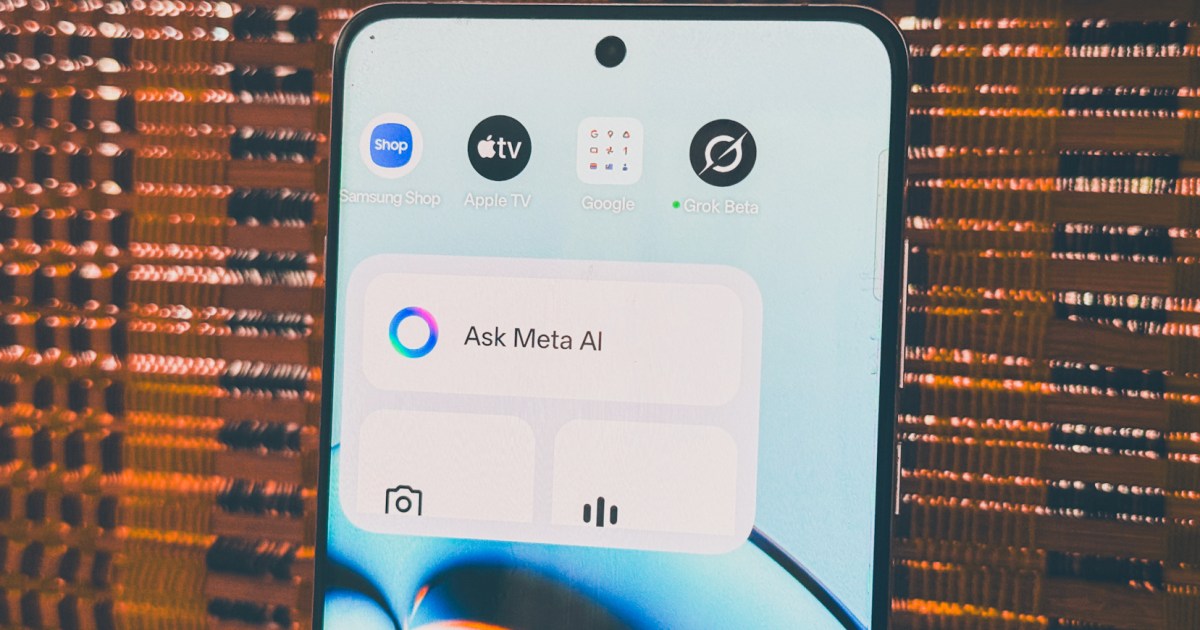Mobile World Congress (MWC) 2025 proved to be a surprisingly exciting event, with smartphones taking center stage. While MWC typically covers a broad spectrum of mobile technology, often relegating phones to a secondary role, this year was refreshingly different.
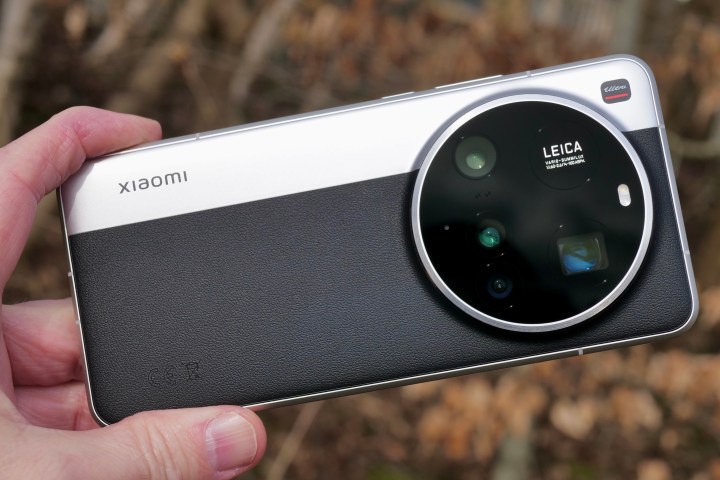 A person holding the Xiaomi 15 Ultra.
A person holding the Xiaomi 15 Ultra.
A Flurry of New Devices
Three major players dominated the smartphone scene at MWC 2025: Samsung, Xiaomi, and Nothing. Samsung, surprisingly, returned to the MWC stage with the mid-range Galaxy A36 and A56, showcasing its commitment to a wider market segment. Xiaomi followed suit with the highly anticipated Xiaomi 15 Ultra and the standard Xiaomi 15, dedicating a significant portion of its launch event to these devices. Nothing, a relative newcomer, unveiled the Nothing Phone 3a and 3a Pro, their distinctive designs generating considerable buzz.
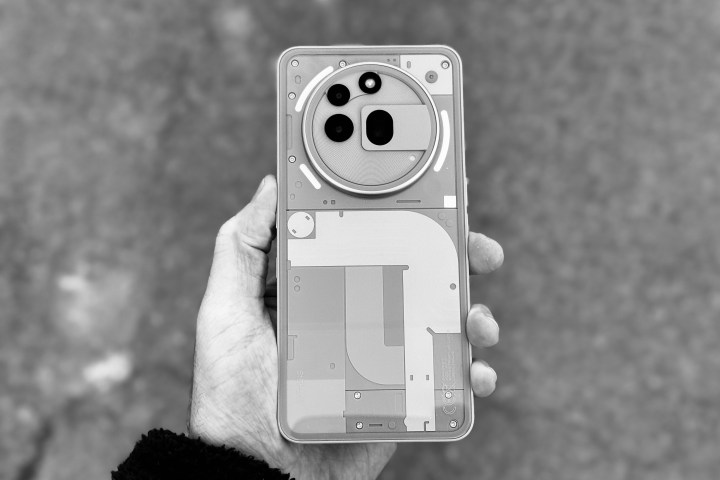 A person holding the Nothing Phone 3a Pro.
A person holding the Nothing Phone 3a Pro.
These three brands brought six new phones to MWC, each with a distinct strategy. Xiaomi aimed to solidify its European presence, Nothing sought to showcase its unique design language to a broader audience, and Samsung reinforced the importance of its A-series, refusing to be overshadowed by other brands. This already surpassed the number of new phones launched at some previous MWC events, and there was more to come.
Innovative Concepts and Cutting-Edge Technology
Beyond the established players, MWC 2025 also showcased a wave of innovative concepts and emerging technologies. HMD Global, the home of Nokia phones, presented the HMD Fusion X1 and several feature phones. TCL announced the TCL 60XE and the Nxtpaper 11 Plus tablet for the U.S. market. Tecno revealed the Camon 40, and Realme introduced the globally released color-changing Realme 14 Pro Plus.
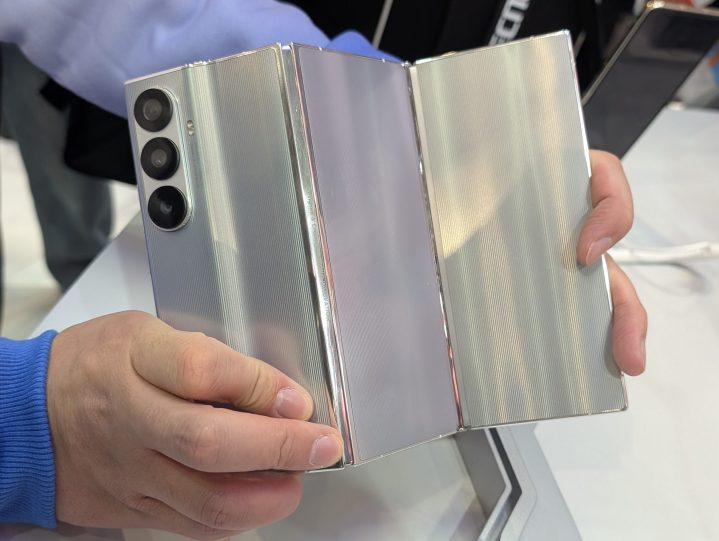 Tecno Phantom Ultimate 2 dual hinge system
Tecno Phantom Ultimate 2 dual hinge system
Concept phones also garnered attention. Realme’s Ultra camera/phone hybrid with interchangeable lenses almost eclipsed Xiaomi’s Modular phone, which featured a similar concept but with a magnetic lens connection system. Tecno showcased a tri-fold smartphone, Lenovo presented a folding-screen laptop, and T-Mobile discussed its AI Phone.
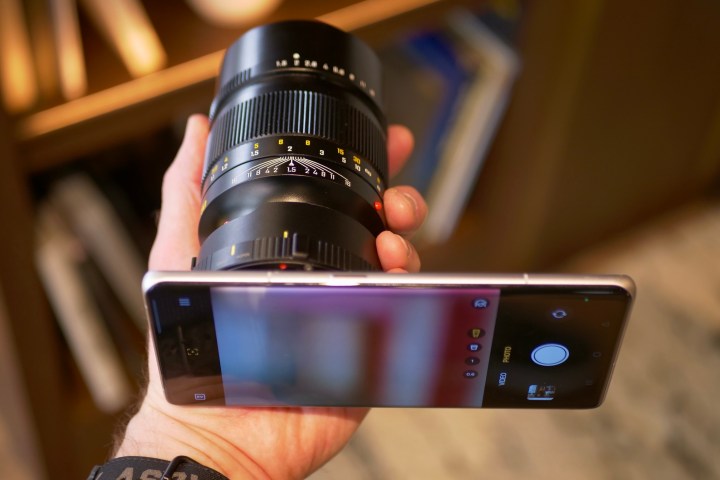 A person holding the Realme Ultra concept phone.
A person holding the Realme Ultra concept phone.
Chinese manufacturers dominated MWC 2025, offering a diverse range of smartphones, laptops, wearables, and concept devices. While Apple, notably absent from MWC, diverted attention with the iPhone 16e and the new iPad Air launched around the same time.
AI and the Dawn of 6G
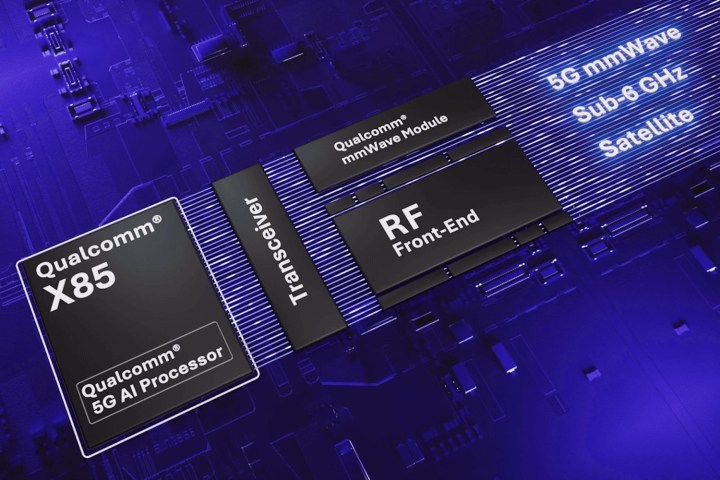 A press image showing the Qualcomm X85 modem.
A press image showing the Qualcomm X85 modem.
Avi Greengart, a Techsponential analyst, noted the prevalence of Chinese brands at MWC and highlighted Nothing’s 3a as an example of distinctive design and capable cameras in the mid-tier segment. He also emphasized advancements in modem technology from MediaTek and Qualcomm, enabling faster speeds and greater flexibility. Discussions around satellite connectivity, 6G, and on-device AI were prevalent, particularly among silicon suppliers and smartphone vendors.
The Resurgence of Smartphones at MWC
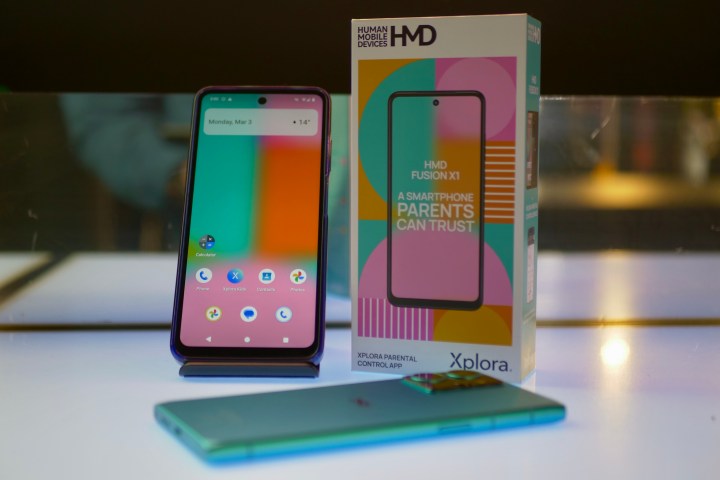 The HMD Fusion X1 with its box, and the HMD Skyline.
The HMD Fusion X1 with its box, and the HMD Skyline.
In contrast to MWC 2024, with its limited smartphone announcements, MWC 2025 marked a return to the event’s roots. The abundance of new smartphones, coupled with innovative concepts, demonstrated the industry’s dynamism and commitment to pushing the boundaries of mobile technology. This revitalization reinforces MWC’s position as a key platform for consumer-focused mobile innovation.



